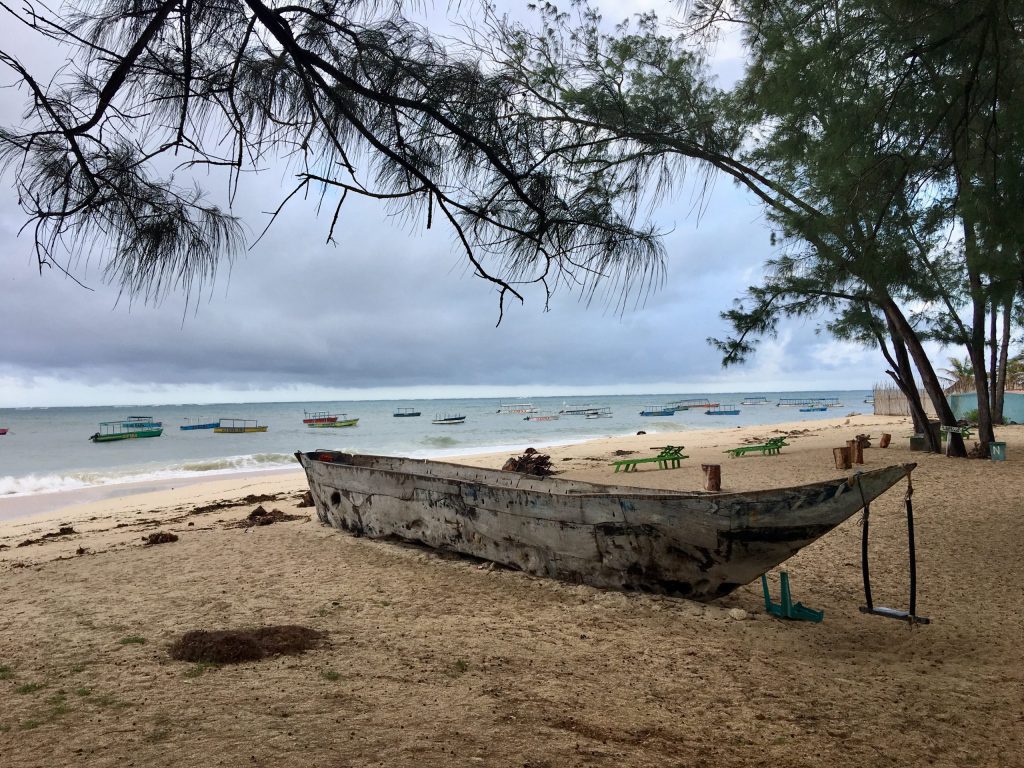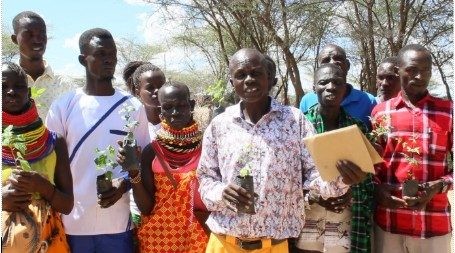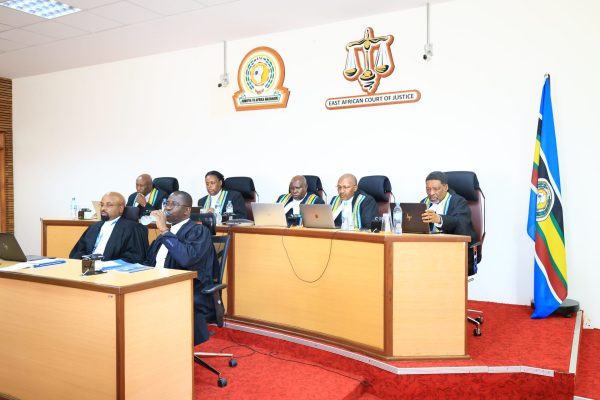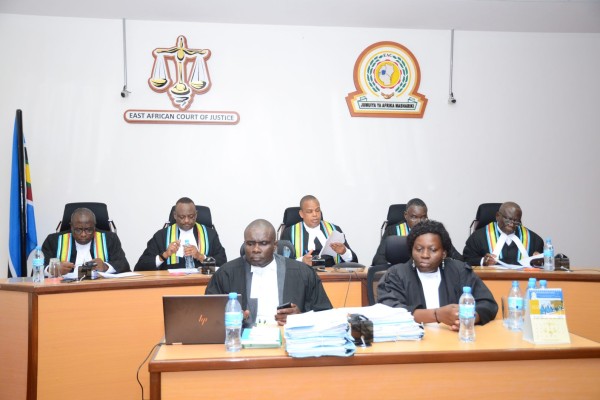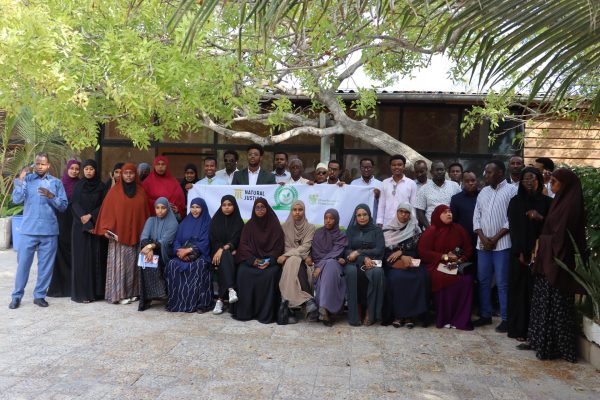We are going through a critical time in history and the values we inculcate in our children, then and now, will matter for how our future is defined.
Current events are adequate proof that our environment, social-economic well-being, mental health, political lives, and security are all joined at the hip. They are not mutually exclusive.
It all started with the locust invasion in Kenya and, now, the deadly COVID-19 which has brought the entire world to its knees. Today, we have made more than ten strides backward due to the impacts of these catastrophes on all spheres of our lives. Marginalized communities will be hit harder considering the pressures they are already experiencing due to impacts from development projects, the climate change crisis, biodiversity loss, lack of access to water and food insecurity.
Our economy has not been spared. Small-scale traders, farmers, and workers in the informal sector are now staring at months of losses to their livelihoods. Our cultural values of brotherhood also stand threatened with the increased emphasis on social distancing, a concept not familiar in the African context.
The moral of this story is, if we do not make environmental protection a personal commitment, nature will bring the world to a standstill. Even without a voice, it will shake the conscience of man and force us to adopt sustainable lifestyles and habits which do not harm the environment.
Could these be signs that the time has come for nations to change their ways? Or, could it just be a season like winter and summer and things return to “business as usual”? I can not tell. But, one thing I am certain about is that the world should be ready for tougher times ahead if states are unwilling to re-think and re-evaluate their development models.
While most people choose to look at these incidents as an integrity test for Kenya’s healthcare systems, I believe there is more to it. It’s an integrity test for the entire governance system and how well their actions are coordinated.
Avoiding the recurrence of these incidents would, therefore, mean taking more deliberate steps to mainstream sustainable development in all decision-making processes. This would entail: changing policies that have failed us; considering the long-term impacts of administrative decisions; enhancing collaboration and synergies between government departments; and adopting a participatory approach in all governance systems where the opinions of indigenous people, local communities, women and the youth count.
We have once again been reminded that we are all equal and that our own actions can be our undoing. So, every time you think of throwing that single-use plastic bag on the streets or skipping handwashing, think twice – we don’t know what the future will bring and we must adopt good environmental and social practices and values to keep us all healthy and safe.

